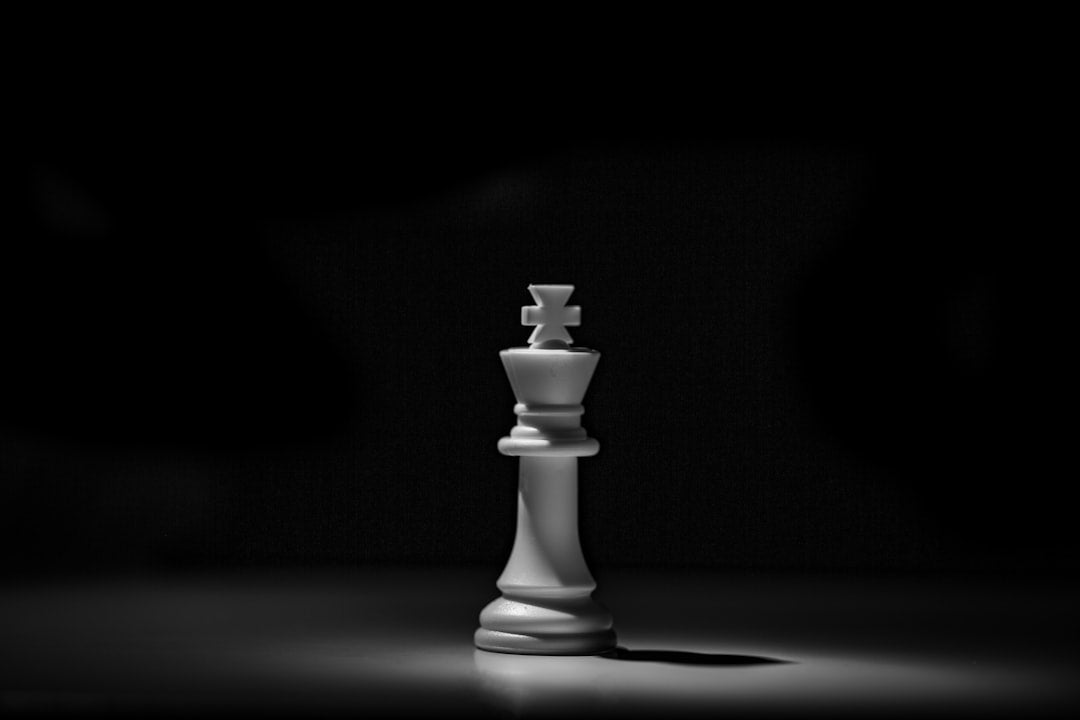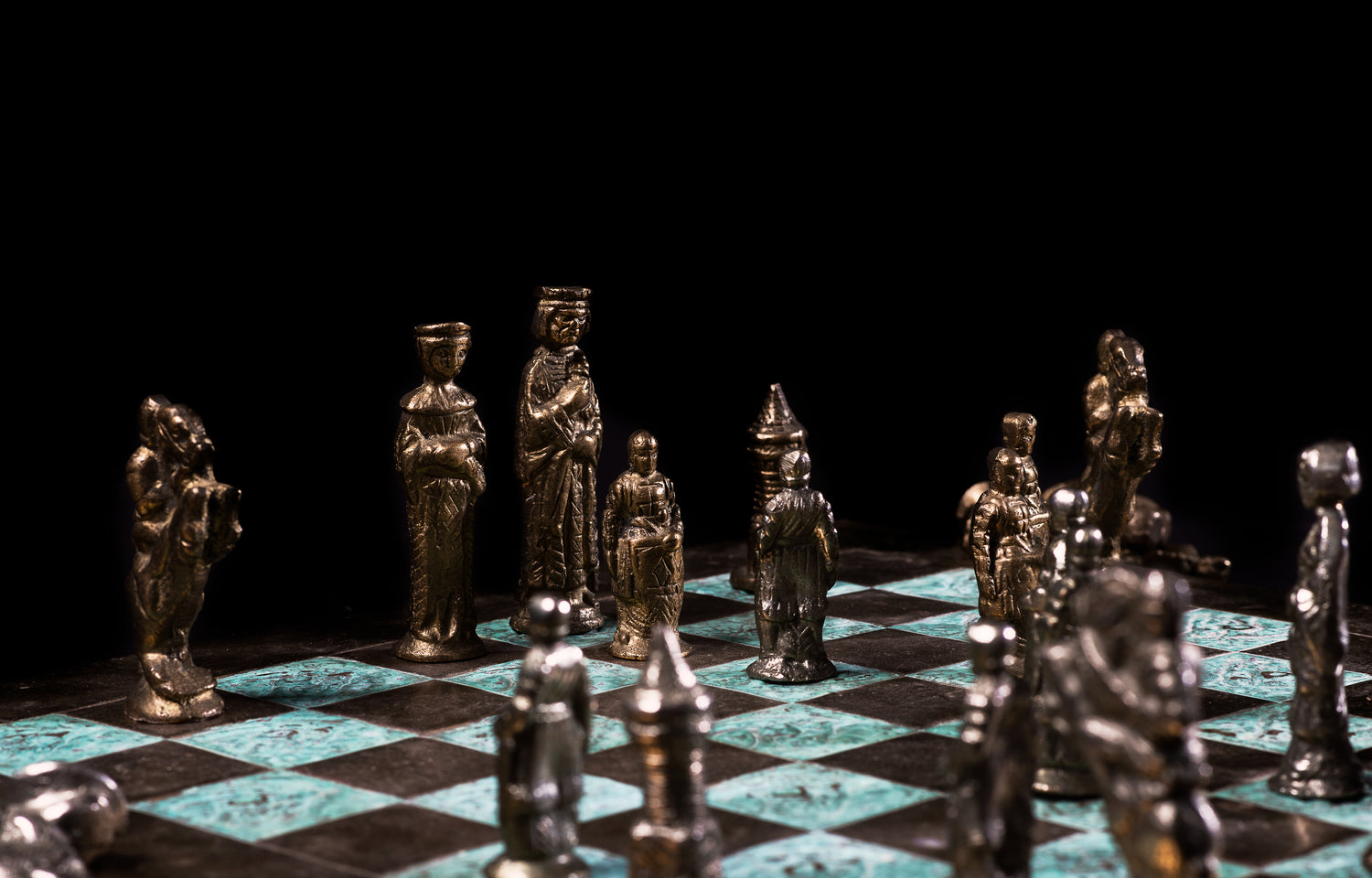José Raúl Capablanca: The Chess Machine Who Conquered the World
José Raúl Capablanca, often hailed as one of the greatest chess players of all time, was a Cuban chess prodigy who captivated the world with his exceptional talent and intuitive understanding of the game. Born in Havana in 1888, Capablanca's rise to chess stardom was meteoric, marked by effortless victories and an unparalleled ability to simplify complex positions. This article delves into the life, career, and enduring legacy of the 'Chess Machine'.
Early Life and Prodigious Talent
Capablanca's introduction to chess is legendary. At the age of four, he reportedly observed his father playing and pointed out an illegal move. Soon after, he defeated his father, showcasing an innate understanding of the game far beyond his years. His early success led him to the Club de Ajedrez de La Habana, where he honed his skills against seasoned players. By the age of 12, he was already recognized as Cuba's strongest player, defeating the Cuban champion Juan Corzo.
Rise to Prominence and World Championship Title
Capablanca's international breakthrough came in 1909 when he defeated Frank Marshall, one of the world's leading players, in a match held in the United States. This victory propelled him into the top echelons of the chess world. He continued to dominate tournaments, showcasing a remarkable positional style and an uncanny ability to foresee his opponent's plans. His elegant and efficient play earned him the nickname 'The Chess Machine'.
In 1921, Capablanca finally challenged Emanuel Lasker for the World Chess Championship. Lasker, who had held the title for 27 years, abdicated the title initially, but then agreed to play. Capablanca convincingly defeated Lasker, winning the title without losing a single game. This victory cemented his status as the undisputed king of chess.
Reign as World Champion and Unbeaten Streak
As World Champion, Capablanca continued to demonstrate his dominance, maintaining an undefeated streak for eight years, from 1916 to 1924. During this period, he won numerous tournaments and further refined his chess style. His games were characterized by clarity, precision, and a remarkable ability to reach advantageous endgames. He was known for his exceptional endgame technique and his ability to squeeze victories from seemingly drawn positions.
The Loss of the Crown and Later Years
Capablanca's reign as World Champion came to an end in 1927 when he lost the title to Alexander Alekhine. The match was a grueling affair, with Alekhine employing a hyper-aggressive style that challenged Capablanca's positional approach. Despite being considered the favorite, Capablanca lost the match, a result that shocked the chess world. He spent the remainder of his career attempting to regain the title, but a rematch with Alekhine never materialized.
Despite not regaining the world title, Capablanca remained a formidable player, continuing to compete in tournaments and achieve notable successes. He also dedicated himself to promoting chess, writing books and articles, and giving lectures around the world. He died in 1942 at the age of 53, leaving behind a lasting legacy as one of the greatest chess players of all time.
Capablanca's Enduring Legacy
José Raúl Capablanca's impact on chess is undeniable. His elegant style, exceptional endgame technique, and remarkable positional understanding continue to inspire chess players of all levels. He is remembered not only for his exceptional talent but also for his sportsmanship and his dedication to promoting the game. His games are studied and admired for their clarity and precision, and his principles of chess strategy remain relevant to this day. Capablanca's legacy as the 'Chess Machine' endures, ensuring his place among the pantheon of chess legends.

